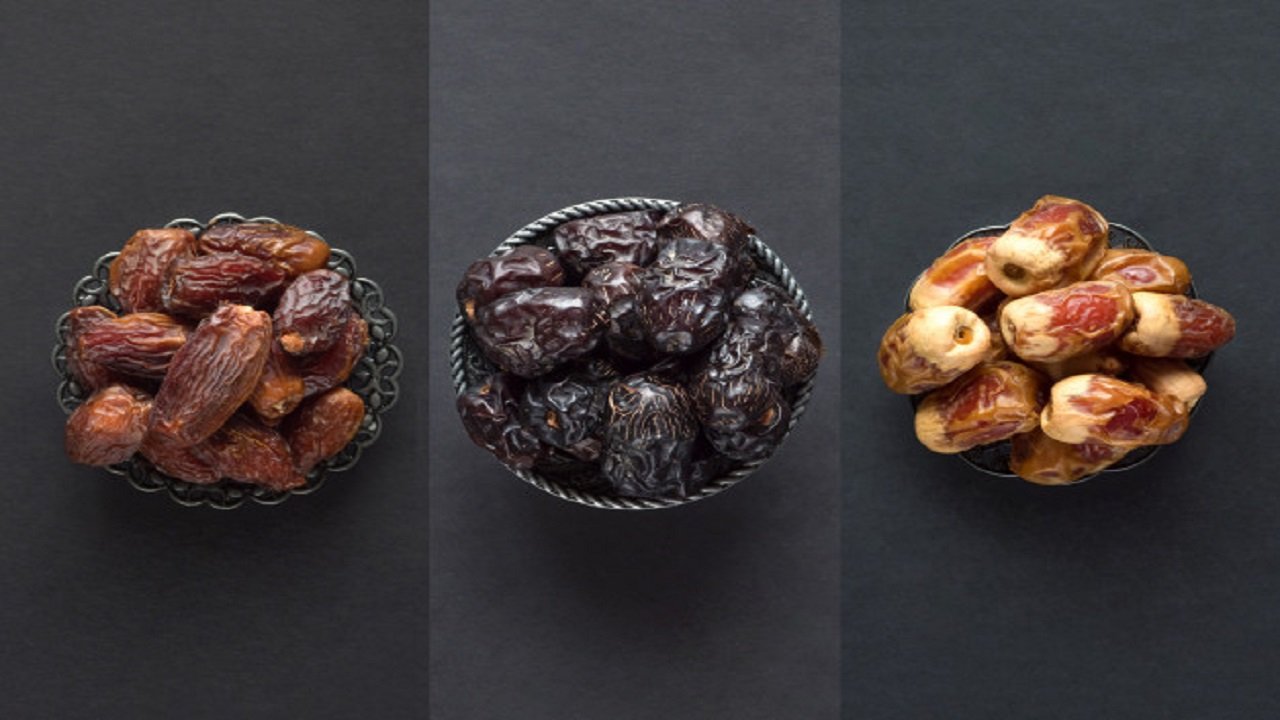
Pricing of Dates: Insights from a Kurma Supplier Malaysia
Introduction
Welcome to an illuminating journey into the world of Kurma supplier Malaysia, where we will delve into the intricate relationship between market volatility, currency exchange rates, and the pricing of dates. In this article, we will gain valuable insights from a Kurma supplier’s perspective, shedding light on the factors that influence date prices and understanding the impact of market fluctuations and currency values on the cost of these delicious fruits.
Factors Affecting Date Prices
Demand and Supply Dynamics
The interplay between demand and supply is a fundamental factor that influences the pricing of dates. Fluctuations in consumer demand, both domestically and internationally, can have a significant impact on prices. Factors such as population growth, changing dietary preferences, and cultural traditions can all affect the demand for dates. Additionally, variations in crop yields, weather conditions, and agricultural practices can impact the supply of dates, further influencing their pricing.
Quality and Grade
The quality and grade of dates play a crucial role in determining their prices. Dates that meet higher quality standards, such as being organic, properly ripened, and free from defects, often command premium prices. Different grades of dates, based on factors like size, texture, and appearance, also contribute to variations in pricing. Consumers are willing to pay more for dates that are perceived to be of superior quality.
Transportation and Logistics
The transportation and logistics involved in the distribution of dates can affect their pricing. Costs associated with shipping, storage, and handling impact the overall expenses incurred by suppliers. Factors like distance, mode of transportation, and storage conditions can influence the final price of dates. Fluctuations in fuel prices, tariffs, and trade regulations also contribute to the variability in transportation costs, which can subsequently affect date prices.
Market Volatility and Date Pricing
Fluctuations in Demand
Market volatility, characterized by unpredictable shifts in economic conditions, can impact the pricing of dates. During periods of economic instability or recession, consumer purchasing power may decrease, leading to a decline in demand for dates. This can result in suppliers adjusting their prices to remain competitive in a shrinking market. Conversely, during periods of economic growth or festive seasons, increased demand can drive prices higher.
Global Market Dynamics
The pricing of dates is influenced by global market dynamics, including factors like supply and demand imbalances, geopolitical events, and trade policies. Changes in production levels, import/export regulations, and shifts in consumer preferences across different countries can lead to price fluctuations in the global date market. Suppliers must closely monitor these dynamics to adapt their pricing strategies accordingly.
Currency Exchange Rates and Date Pricing
Import and Export Considerations
Currency exchange rates play a crucial role in the import and export of dates, which can directly impact their pricing. For Kurma suppliers in Malaysia, fluctuations in currency exchange rates between the Malaysian Ringgit (MYR) and the currencies of countries they trade with can affect the cost of importing or exporting dates. Strengthening of the MYR against other currencies can make imports more affordable, while a weaker MYR can increase the cost of imports and influence pricing decisions.
International Competitiveness
Currency exchange rates also influence the competitiveness of Kurma suppliers in the international market. A favorable exchange rate can make Malaysian dates more affordable and competitive in foreign markets, potentially increasing demand and allowing suppliers to adjust their pricing accordingly. Conversely, an unfavorable exchange rate can make Malaysian dates relatively more expensive, posing challenges in terms of competitiveness and pricing strategies.
Conclusion
Understanding the impact of market volatility and currency exchange rates on the pricing of dates is crucial for Kurma suppliers in Malaysia. Factors such as demand and supply dynamics, quality, transportation costs, and global market dynamics all contribute to the pricing of dates. Additionally, market volatility and currency exchange rate fluctuations play a significant role in shaping the cost of dates, both domestically and in internationalmarkets. By closely monitoring these factors and their impact on pricing, Kurma suppliers can navigate the complexities of the market, make informed pricing decisions, and ensure the availability of these delectable fruits to consumers.